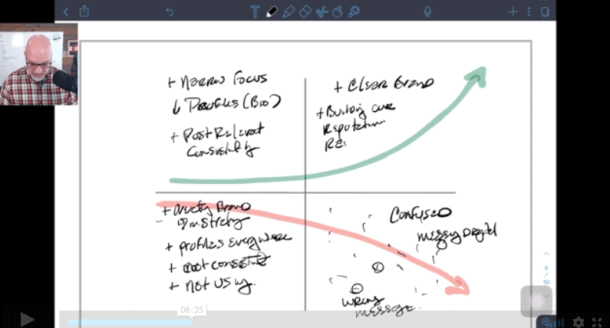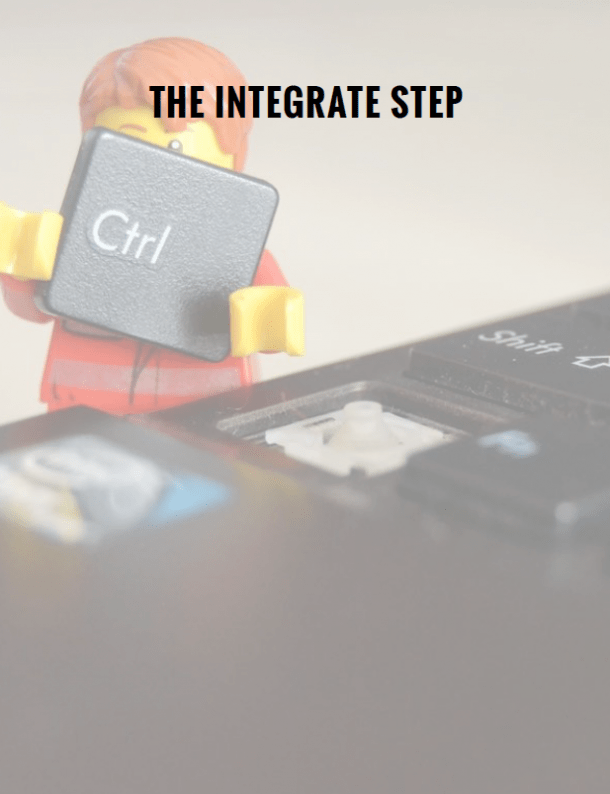A lot of businesses have hopped on the innovation bus lately and with good reason. Looking at the successes of companies like Google and Apple, how can you not want that for your business? Innovation is a great catalyst for business growth.
You've probably heard something along the notion of “companies must innovate or die”.
Comments like this have no doubt helped fuel discussions in conference and board rooms to the point that the perceived need to innovate becomes so great that many companies have implemented “innovation programs”. Thinking they will generate the next great design or widget.
While implementing an innovation program is a noble endeavor, more often than not, it is reactionary, lacks the necessary foresight and most importantly it ignores a basic understanding of one's culture. This one thing alone, ignoring your company's culture, can and does, lead to failure.
3 reasons why your innovation program is failing and how you can fix it
Innovation is NOT a program
Innovation is not a program, it is a mindset that you cannot delegate. Largely, It's about the culture of your company. You see, innovation does not start in a board room, it starts with an understanding of the problems your customers or employees face every day.
Solving these problems can lead to true innovation.
Leaders – when you started your innovation program what instructions did you give? Did you immediately implement and start tracking your innovation program towards some fictitious, arbitrary goal and expect innovation to happen?
After all “what gets measured improves” right? The problem with this approach is that it ignores culture. Innovation is organic, born from a true need, not from a board room.
Recommendation – Seek first to understand. Start with your culture. Ask yourself; Do you have a creative team who loves to look for new ideas and thoughts? More importantly, do you allow them to pursue their ideas?
The real leader understands that you cannot put metrics on innovation but still has the courage to allow their team to proceed. Identify a problem to solve, remove the metrics and stand back. Your team will surprise you if you start with the WHY.
2 – You Focus on the WHAT and ignore the WHY
Too many times I have seen companies start their innovation programs by focusing on the what. Meaning they focus on the product. Starting with your product ignores the most important part of innovation, your customer.
If you want real innovation you need to focus on the WHY. In other words, WHY do customers buy your products and WHY will they buy them in the future.
By focusing on the WHAT you will be tempted to assemble innovation teams in functional groups; the engineering group, the product team, operations, etc. This is very common and why this picture is shared so often:
Recommendation – Get everyone working towards the same goal of understanding the WHY. Form cross-functional teams from different groups.
Have product management, marketing, sales, engineering, and operations all sit in the same room and work together to solve a common customer problem. If you identify and solve a customer problem, the product (WHAT) and the revenue will follow.
3 – You can't schedule innovation
Much has been made of Google allowing 20% of their employees time to pursue other interests. As a result, many businesses have tried to emulate google in this regard telling their employees to innovate during certain times of the week.
While this is done with the best interests of the company in mind, it misses that point that you can't schedule innovation.
Another underlying assumption in scheduling innovation is that the employees actually have 20% of their time to give. What happens to everything else on their plate? Do they get to choose which 20% of their workload doesn't get done?
Recommendation – Remember that Innovation is an iterative process. More often than not it starts out as an idea in someone's mind. Maybe they were working on two disparate items that suddenly collided into one awesome solution.
Those ideas may have never collided during a “scheduled” session. There is a reason we do our best thinking in the shower. Do you schedule your shower time?
QUESTION: What are your thoughts on an innovation program? Do you have examples where they have worked? If so, what best practices can you share?






